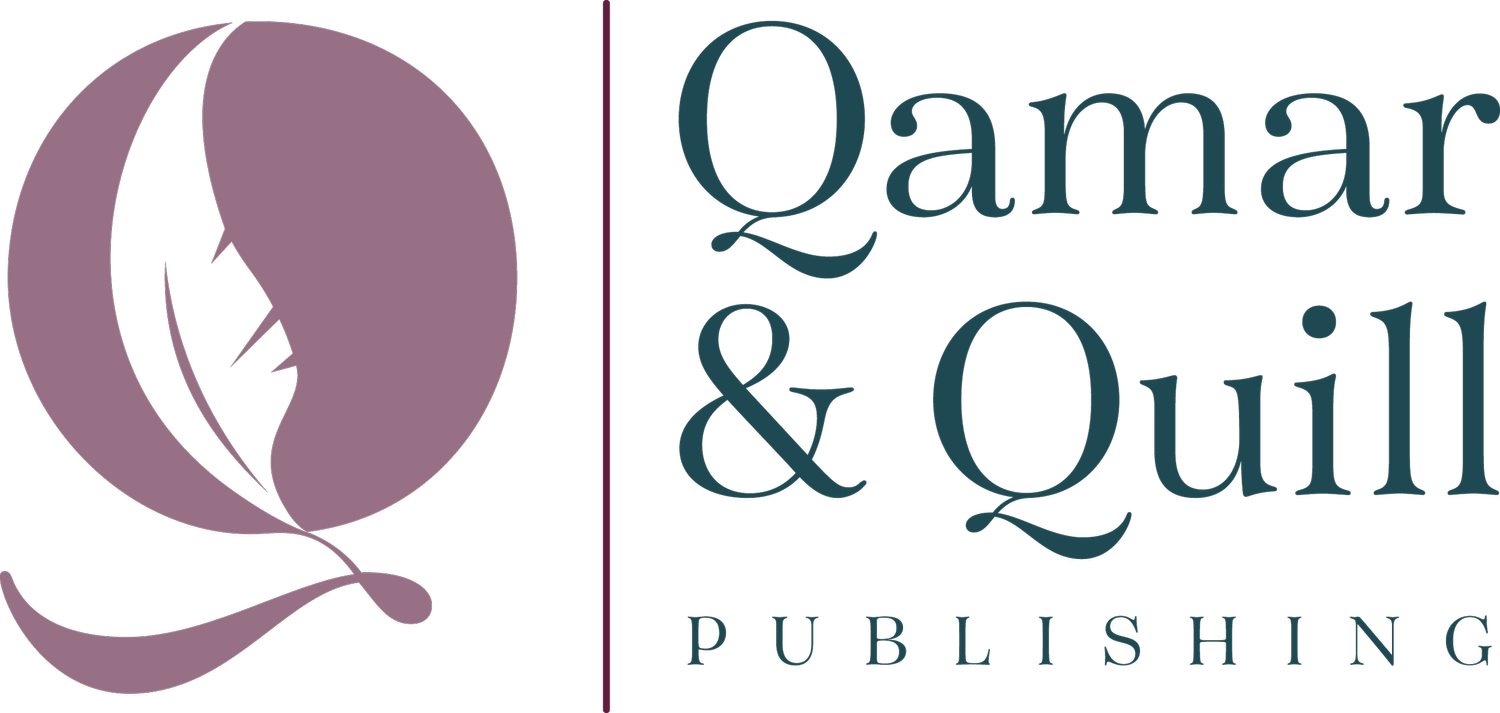Writing the Stories I Want to Read
I don’t know of any writers who are not themselves readers, so it should come as no shock to say that I love to read. I love books, and places filled with books, and the smooth feel of books. Once upon a time, I was a snob who refused to get a reading tablet because I didn’t want to lose that physical connection to a book. I just didn’t think the experience would be the same and I didn’t want to give in to technology’s every-increasing control of our lives.
But then I was gifted a reading tablet. And one summer night, after finishing the first book of a series at 2 in the morning, and realizing I wouldn’t get the next book for a whole 12 or 14 hours, I pulled out my tablet and saw I could buy the next book immediately. And thus, I entered the world of e-books.
And I haven’t looked back.
I started reading more books faster than ever. But the more books I read, the more I began to realize that there is not an infinite number of good books out there for me to read. There are a lot of good ones, and I’m not particularly snobbish about my genres. But I have some non-negotiables, like reading clean stories and having specific boundaries. I like reading stories where the characters feel like real people with real backgrounds and problems and seeing their journeys.
I have beloved tropes and hated tropes, like any reader. (Do not come near me with a love triangle. Stay back. Stay back.)
But, as I think we can all agree, there aren’t enough books written by Muslims. There are many, and very good ones out there. But when it comes to novels for adults, I haven’t come across many. And unfortunately, the few I have come across did not have characters who were particularly concerned with maintaining their Islam.
There was a certain type of book I wanted to read about Muslim characters. And I couldn’t find it, so I decided to try to write it. I wanted to read about Muslim characters who are living their lives and going through the usual things that Muslims go through—anxiety, depression, family drama, courtship and marriage, fertility, parenting, kids—real life. I was sick of seeing characters wearing hijab in front of their parents and taking it off at school. It’s not 2005 anymore. I want to move past that.
And that’s not to say that I want to read or write preach-y books. I don’t pick up novels to be preached at, so I wouldn’t want to write one. But I do think stories have an important power that should be harnessed for good. And that’s why I chose the mission statement of Qamar and Quill that I did:
Where stories feed the soul, nourish the heart, and edify the mind.
Because I think what we read should be good for us. We always hear, “You are what you eat.” I like to take it a little further and say, “You are what you consume.” And that includes more than just the food we put in our bodies, but what our eyes, ears, hearts, minds and souls consume.
And that doesn’t mean that all my characters will be perfect and no one will make mistakes and there won’t be any romance. Because frankly, I wouldn’t read that, so I wouldn’t expected anyone else to. But it does mean my characters will be, at their core, good people who are trying their best and will fix their wrongs, and that legitimately bad behavior and actions will be shown in a bad light.
And I’ve had to get a little creative to keep the romance shariah-compliant. Well, a lot creative. But, for me, it’s worth it to have a story I can put out into the world and be proud of and true to myself and especially my deen.
Because while I love to be as properly entertained as the next person, when we read, we spend a lot more time with these characters than we might with a movie. It’s not two hours but much more with them, and we’re taking space in their heads, in their hearts. And eventually, what we read ends up in our heads and hearts.
And we become what we consume.
